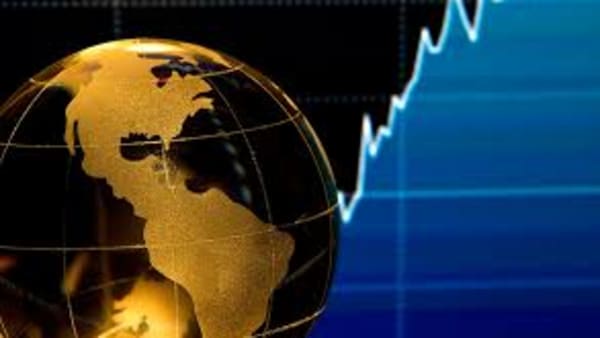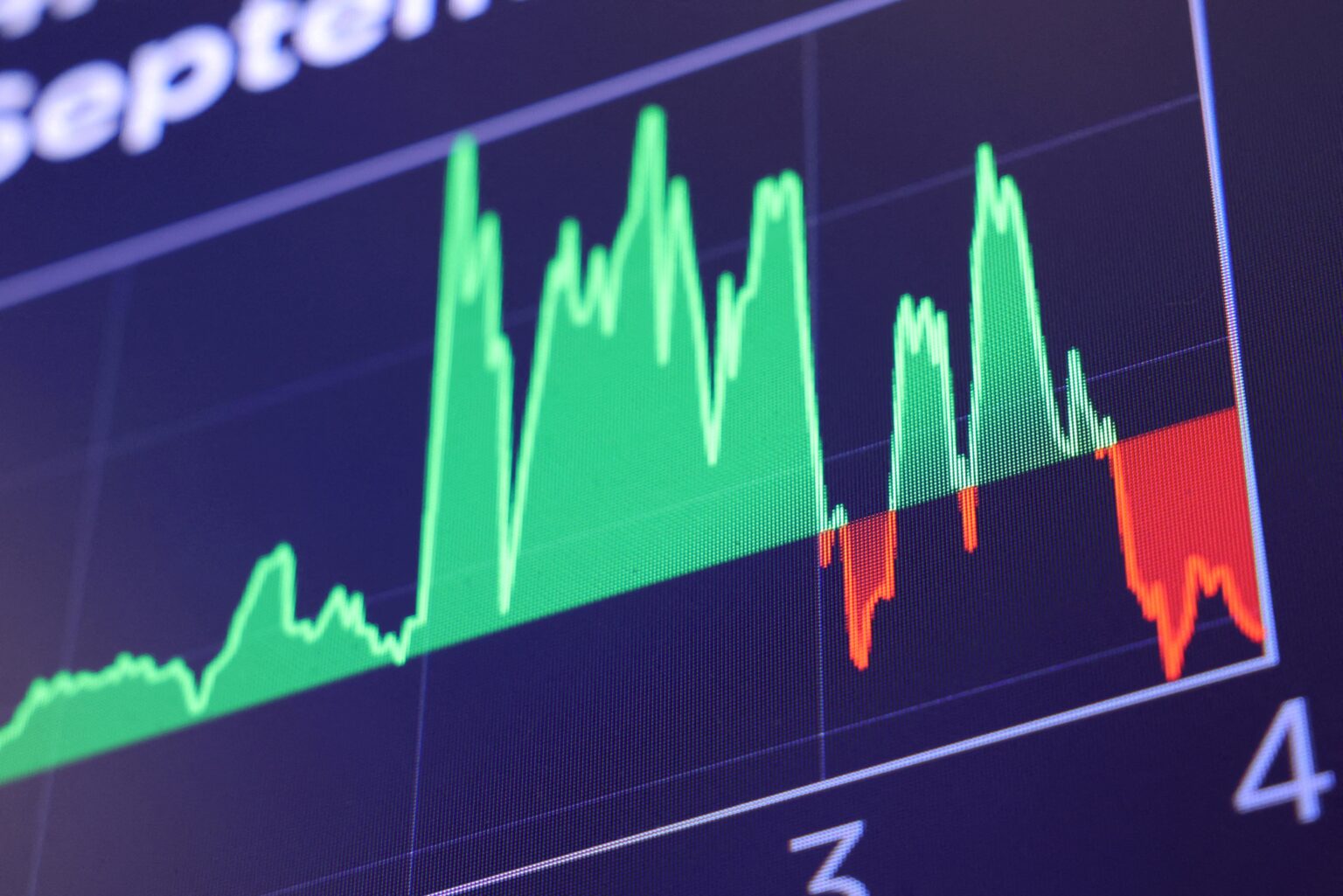The global economy is heading into 2025 with a growing list of risks that could challenge recovery efforts and dampen growth. Geopolitical tensions, inflationary pressures, and financial instability are emerging as key threats, alongside concerns about climate change and rising inequality. Policymakers worldwide are bracing for a turbulent year as these challenges converge.

Source:- bbc news
One of the most pressing issues is the potential for sustained inflation, fueled by high energy prices and supply chain disruptions. Central banks may be forced to continue raising interest rates, potentially stifling economic growth and increasing borrowing costs for businesses and consumers. In addition, geopolitical conflicts, including unresolved tensions in Eastern Europe and trade disputes between major economies, threaten global trade flows and investor confidence.
Source:- news 18
Financial instability is another looming concern, particularly for emerging markets facing currency volatility and debt sustainability issues. Rising interest rates in developed nations could exacerbate capital outflows, leaving these economies vulnerable to crises. Furthermore, sluggish recovery in China’s property sector and weak demand in key sectors could have ripple effects across the global economy.
The intensifying climate crisis adds to the uncertainty, with extreme weather events disrupting agriculture, infrastructure, and supply chains. This is compounded by a slow transition to renewable energy sources, which risks exacerbating energy security concerns.
At the same time, widening income inequality and social unrest could undermine political stability, making it harder for governments to implement effective reforms. These risks collectively create a challenging environment for global growth in 2025.
To navigate these uncertainties, coordinated international action is essential. Governments must balance policies that address short-term challenges with long-term strategies for resilience, sustainability, and equitable growth. The global economy’s trajectory will hinge on how effectively nations respond to these compounding threats.
Share your views in the comments

